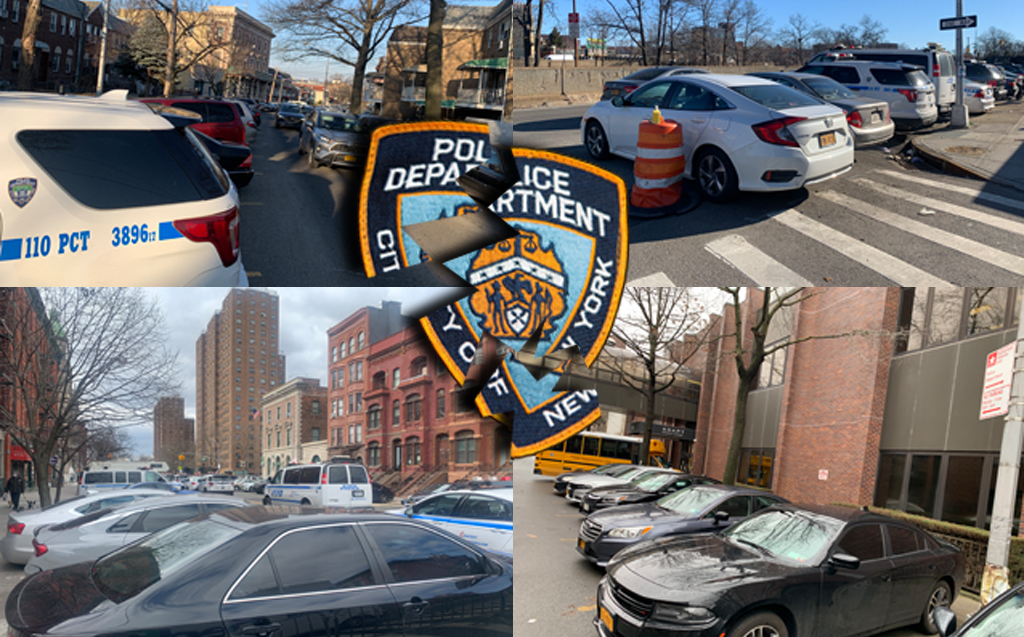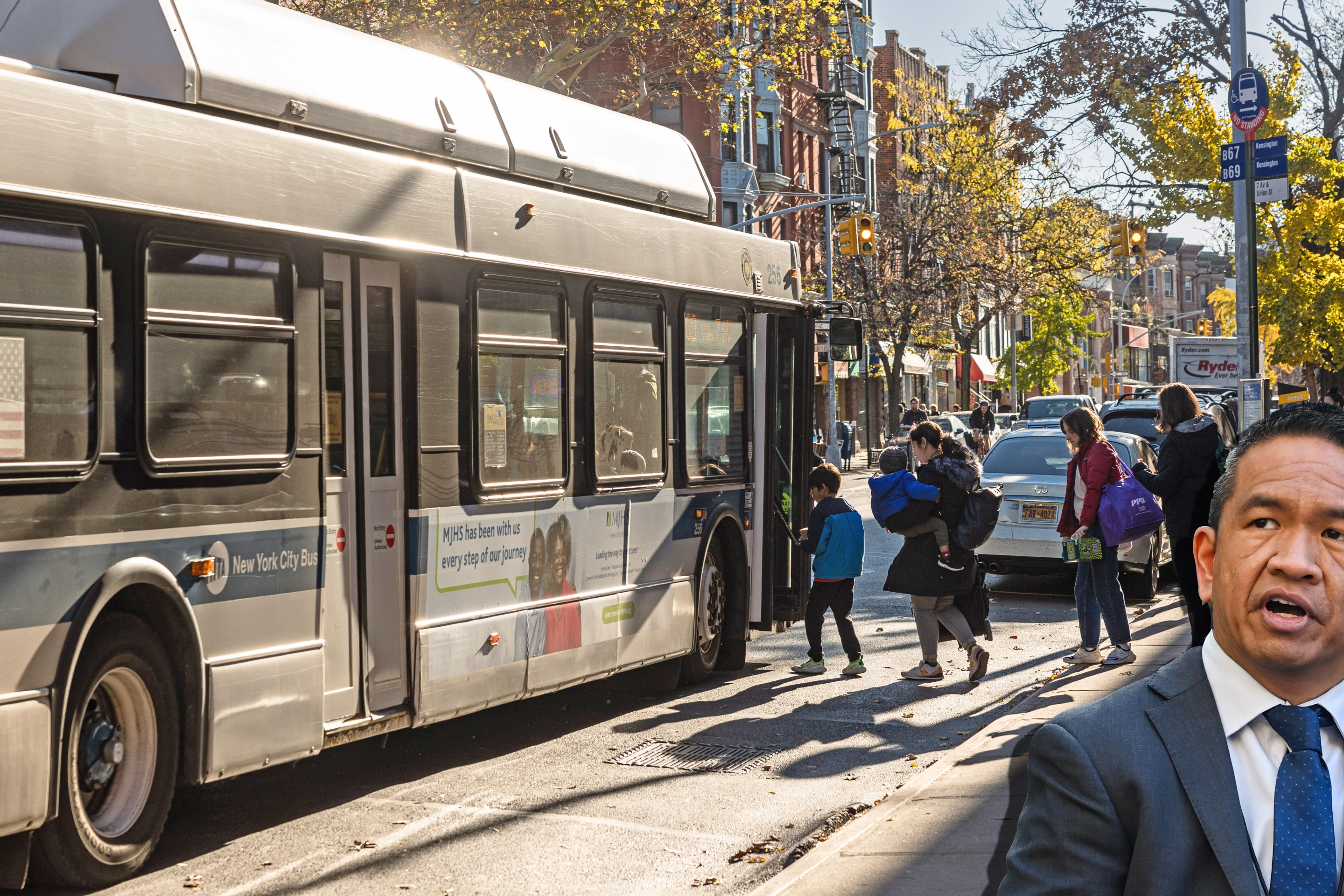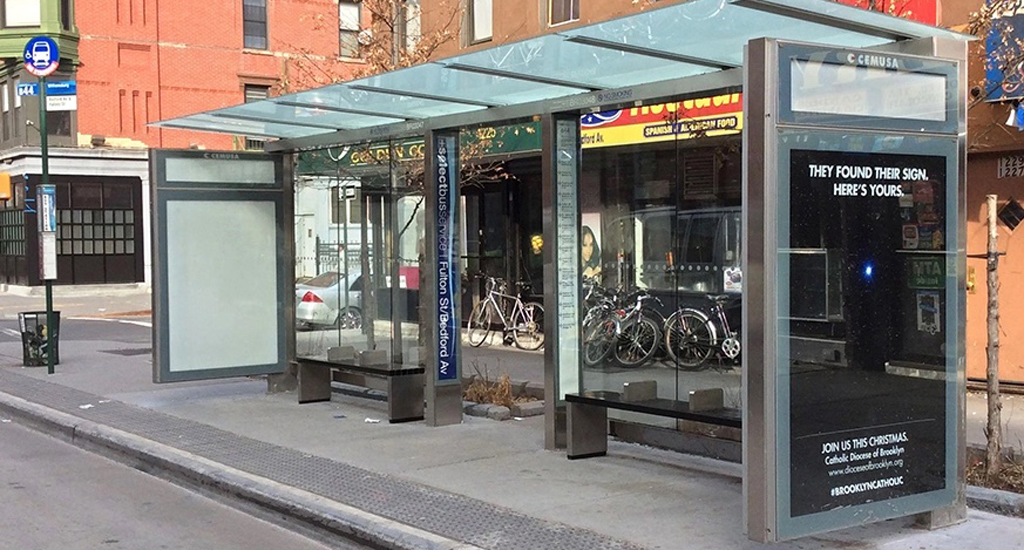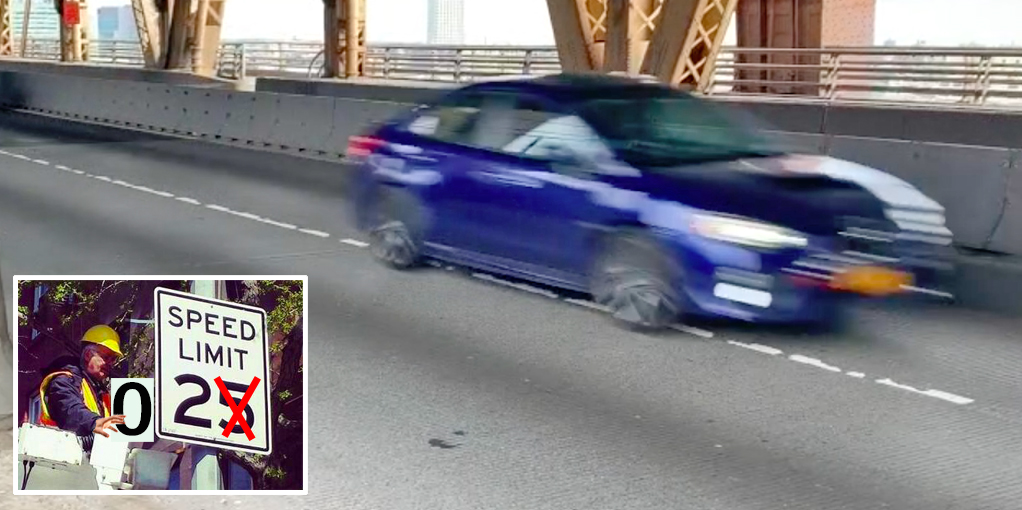Jessie Singer has a great feature in the latest issue of TA's Reclaim magazine (now available online), examining the NYPD's failure to curb dangerous driving. After pushing down violent crime rates so effectively based on data-driven analysis, she asks, why don't police use the same techniques to tame the life-threatening hazards of New York City traffic?
Much of the answer, says Peter Moskos, a professor at John Jay College of Criminal Justice and a former Baltimore cop, boils down to the way police perceive their work:
The NYPD fails to enforce traffic crime in part because the NYPD
does not track traffic crime. And part of the reason the NYPD doesn't
track traffic crime is because deterring it doesn't bring the same
clear rewards as more traditional law enforcement.
"It doesn't draw on the skills police see themselves as having. It is
annoying and time-consuming for officers to do traffic stops," Moskos
says. "Partly because the people you are helping aren't there to
appreciate
how you are helping them. There is not much gratification for traffic
work on a personal or professional level, because the people you are
helping are not there to thank you."
To make the benefits of law-abiding behavior behind the wheel more apparent, perhaps a good first step would be to strengthen the NYPD's working relationships with advocates for street safety. (Case in point: San Francisco's new police chief, George Gascon, said he would consider creating a liaison to cyclists in an interview with Streetsblog San Francisco last month.)
Drawing on the "broken windows" school of policing that NYPD has famously employed for two decades as a core strategy to deter crime, Singer notes that New York's streets will remain hazardous as long as motorists perceive the consequences of reckless driving to be arbitrary and rare:
Applying the rigor of the Broken Windows Theory to traffic enforcementwould change the way the NYPD measures and deters traffic crime. Thenew regime would end the practice of consistently ignoringmoving violations spotted through the patrol car window. But moreimportantly, as the application of Broken Windows did with streetcrime, it would indicate to drivers that they cannot get away with it,that the lawlessness police ignored in the past will no longer betolerated in the present.
"There is no question about it, you would have to do this on a regularbasis, almost consistent basis, to be effective," says Lou Riccio,Commissioner at the NYC Department of Transportation during the Dinkinsadministration. Riccio was one of several traffic experts interviewedfor the "Executive Order" report. "That's the problem with enforcement,it is random. [Behavioral psychologist B.F.] Skinnersaid [you need] random rewards and certain punishments. What we do isno rewards and random punishments, and they may actually exacerbate theproblem. If [drivers] get caught, they think it's just the bad luck ofthe draw. And therefore they don't change their behavior."





